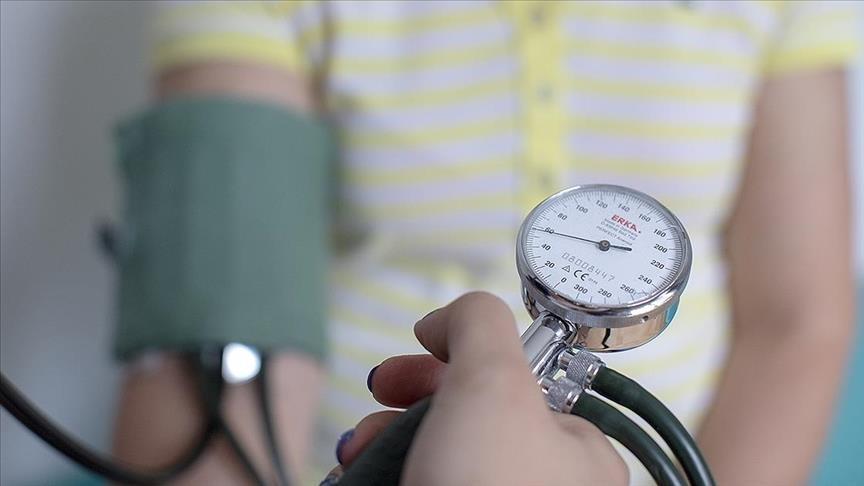Africa-Press – Eritrea. More than 1.4 billion people lived with hypertension in 2024, but just one in five managed to keep it under control, the World Health Organization (WHO) said Tuesday in its second Global Hypertension Report.
The agency underlined that blood pressure medication is among the most cost-effective public health tools, but access remains uneven. Only 7 out of 25 low-income countries, 28%, reported general availability of all WHO-recommended medicines, compared with 93% of high-income countries.
Hypertension is a leading cause of heart attacks, strokes, kidney disease, and dementia. From 2011 to 2025, cardiovascular diseases, including hypertension, are projected to cost low- and middle-income countries around $3.7 trillion, according to WHO.
“Every hour, over 1,000 lives are lost to strokes and heart attacks from high blood pressure, and most of these deaths are preventable,” WHO Director-General Tedros Adhanom Ghebreyesus said. “Countries have the tools to change this narrative. With political will, ongoing investment, and reforms to embed hypertension control in health services, we can save millions and ensure universal health coverage for all.”
Kelly Henning of Bloomberg Philanthropies warned: “Uncontrolled high blood pressure claims more than 10 million lives every year, despite being both preventable and treatable. Strong policies that raise awareness and expand access to treatment are critical.”
Despite barriers, the report highlighted progress in Bangladesh, the Philippines, and South Korea, where integration of hypertension care into universal health coverage has significantly improved blood pressure control.
WHO said analysis of data from 195 countries and territories showed that 99 of them have national hypertension control rates below 20%, with most cases concentrated in low- and middle-income countries where health systems face severe resource constraints.
For More News And Analysis About Eritrea Follow Africa-Press







